Michael Davidson President, Board Coach
The time to strengthen your board is now, even with everything else on your plate. During the pandemic, critical issues are constantly arising for non-profits, and if your board is not working efficiently and strategically as a team, it can’t take ownership of the issues. For some organizations this alone could cause their demise. When the pandemic itself is over, it will be a time to rebuild and grow. The stronger your board is now, the better positioned you will be to thrive in the future. We are bringing this series of blog posts to them to help build the strongest board possible at this time.
–Michael Davidson and Brian Saber
As we noted last week, this can be a good time to work on recruitment strategy. Often, in the rush of moving ahead, boards recruit in a less planful way. This can lead to taking advantage of opportunities in the moment without thinking through long-term strategic needs and implications. With the opportunities for courting and interviewing candidates limited, it can give you breathing room to develop stronger strategies. However, don’t discount the ability to recruit new board members today. Many are looking a positive way to make a difference while we’re shut in.
In looking to develop a board that will be engaged in its multiple roles, it is important to be clear on your ideal candidate.
There are five distinct criteria for board member recruitment.
- Thought leadership skills
- Commitment to the mission
- Access and willingness to reach out to resources and fundraise
- Ability to work as part of a team
- Representation of different viewpoints
Thought Leadership Skills
First are the ongoing basic thought leadership skills every organization always needs. Those include financial management, the ability to identify legal issues, insight into community needs and resources, knowledge about how to sustain and grow a business, expertise in communications and marketing, and human resources management.
The second set of thought leadership skills are those ongoing needs that are specific to your nonprofit. Some of these might be real estate development or management, union negotiations, investment management, subject matter expertise, or the representation of important constituencies. While it might be tempting to bring on someone specifically to address COVID-related issues, you might also consider engaging them on a committee first to make sure they would have long-term purpose on the board.
 Commitment to the Mission
Commitment to the Mission
People should join your board because they believe in the importance of what you do. Hopefully, the candidate would have already demonstrated that concern.
Resource Development
Foremost will be their own personally significant gift. In addition to providing a personal gift, they may represent companies that can supply gifts as well as goods and services or know of companies that can. They may know people who can bring their expertise to committee work. Additionally, all board members must agree to help cultivate donors and, where appropriate, solicit them. These may or may not be their own contacts.
Ability to Work As Part of a Team
Asking something as simple as, “what has been your experience working as part of a team?” can be very enlightening. Not everyone enjoys being part of a team… or understands why putting the team above your individual agenda is so critical to board work. Everyone on a board needs to be willing to lead something at some time —a committee, an event, or the board itself.
Points of View
It is important to have a board sufficiently diverse so there are members who, by virtue of background or experience, have the capacity to understand the needs and interests of your different constituencies. It may be important, on occasion, to bring that expertise in from the outside.
Action Steps
- Figure out what’s needed & what’s missing. Start with a wish list; skill sets, points of view, connections to resources, etc.
- Develop a board prospectus.This document is like a recruitment announcement for a staff position. It promotes the organization and describes the position. It talks about what you have done, what you’re trying to do going forward, and how the board is critical to the work.
- Define your recruitment process. Who does the interviewing? How are decisions made? Develop a list of interview questions to serve as a guide.
- Obtain board agreement that every board member should be looking to find their own replacement.





